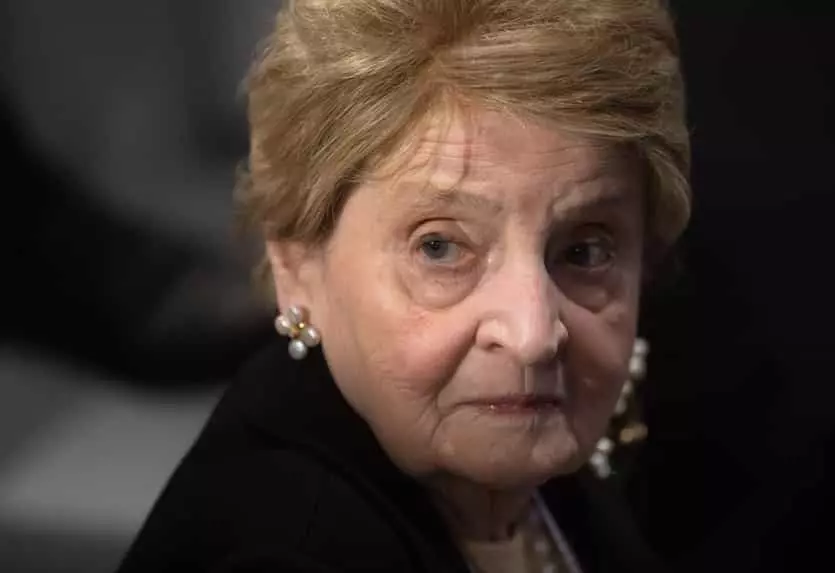
On Wednesday, Madeleine Albright, the first female Secretary of State, passed away after battling cancer. She was 84 years old.
Madeline Albright was born Marie Jana Korbelova, a Czechoslovakian refugee who immigrated to the United States with her family when she was a mere eleven years old. Albright would become an icon for both politics as well as feminism.
Albright was chosen as President Bill Clinton’s Secretary of State nominee in 1997, a position she held until 2001. She had previously served as the United States Ambassador to the United Nations during Clinton’s first term in office. As Secretary of State, Albright negotiated for NATO expansion into the former Soviet bloc. She would also strongly encourage NATO to stop the ethnic cleansing going on in Kosovo during 1999.
Always astute, in 2000, Albright shared that she developed “a trick” to ensure that her positions were always clear in a foreign policy organization that was then chiefly a boys’ club. Albright said, “After too much of the small talk, I would say, ‘I have come a long way, so I must be frank,’ then I said what I needed to say. I don’t think that I was rougher, tougher or anything than any (other) man. I just think people were surprised to hear that language from a woman.”
Albright was old enough to remember the devastation in her Czech homeland; when Albright came to America with her family in 1948, Eastern Europe was still cleaning up the ravages of World War II. Her hometown of Prague had recently been seized by Communists. Albright said that she was a “grateful American.” Truly, her family did see success in the United States. Upon moving to Colorado, her father became the dean of the school of international relations at the University of Denver.
Albright also described herself as a “problem solver” and an “optimist.” Albright attended Wellesley College, where she studied political science. Madeline also held a master’s degree from Columbia University.
Albright was a political force before becoming the Clinton Administration’s Ambassador. She worked on the presidential campaign of Edmund Muskie, and she would later work as a part of the Jimmy Carter Administration as one of National Security Adviser Zbigniew Brzezinski’s aides.
Albright was also an educator. She was a professor of international affairs at Georgetwon University for one year, but she would also work for the university as a “Distinguished Professor of Diplomacy.”
Albright was no stranger to controversy, however. During a 1996 interview with Leslie Stahl of 60 Minutes, Albright was questioned about the United Nations sanctions on Iraq, during which it was reported that 500,000 children had died. Albright told Stahl, “We (at the UN) think it is worth the price.” Albright would later express regret for the way in which she answered the question, saying that she came across as “cold-blooded.”
Through no fault of her own, Albright was sued by an Austrian man who claimed Albright’s father had “illegally taken possession” of artwork supposedly belonging to the man’s great-grandfather. The man said that his ancestor’s apartment had been occupied by Albright’s family in Prague shortly before they fled to the United States. This controversy would eventually be handled by Albright’s brother.
In 2012, Albright was caught on film referring to a group of protesters as “disgusting Serbs.” The protestors brought graphic photos from Kosovo to a book signing in honor of Albright, and, when the video was procured, the protestors attempted to get the police to arrest Albright on charges she used hate speech with the protestors.
The latest verbal faux pas Albright is remembered for took place during the Hillary Clinton campaign in 2016 when she said, “There is a special place in hell for women who don’t help other women.” Some believed that this was a swipe at younger women who supported Bernie Sanders rather than Hillary.
Albright is known for her wit, her tenacity, and her drive. Her legacy will remain, however





